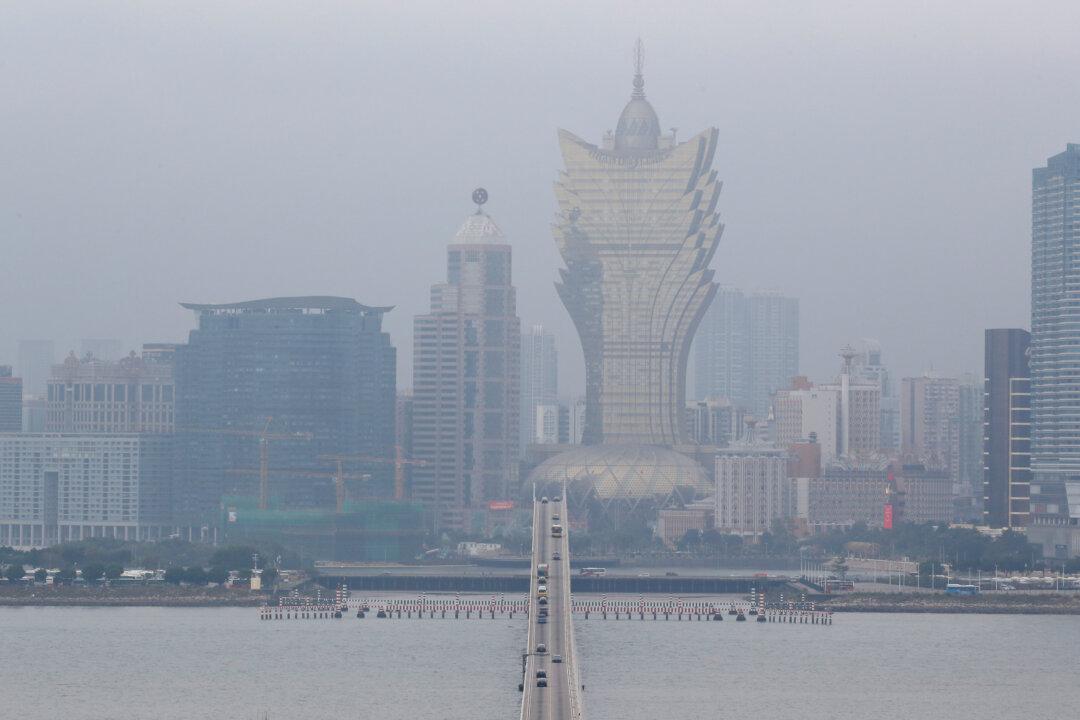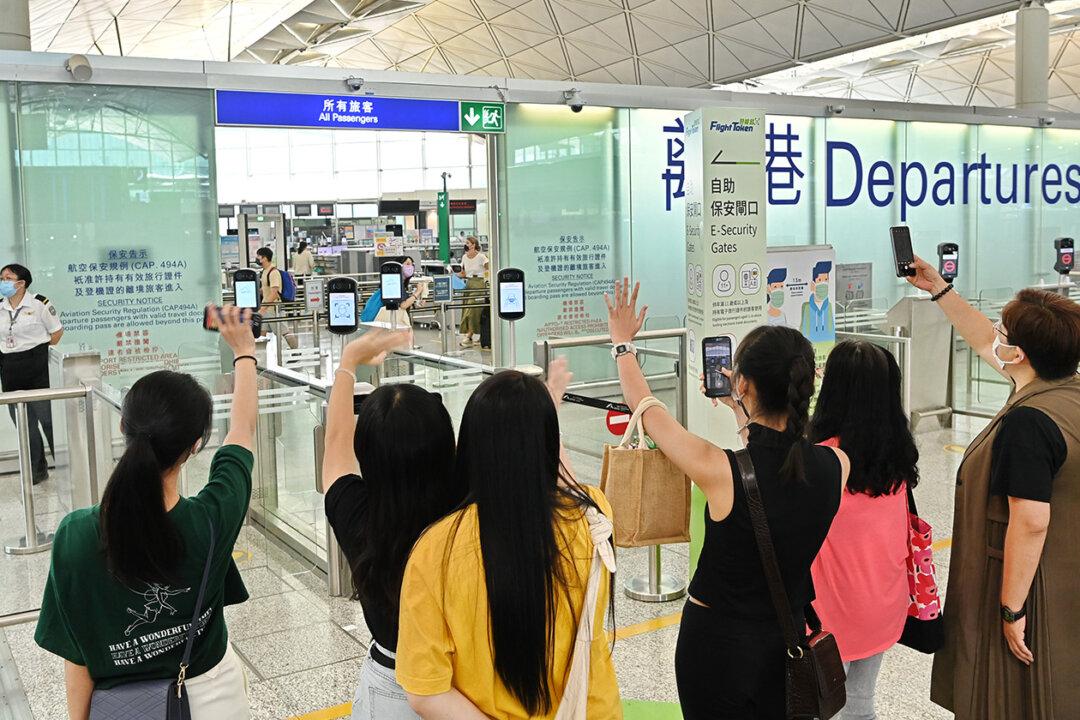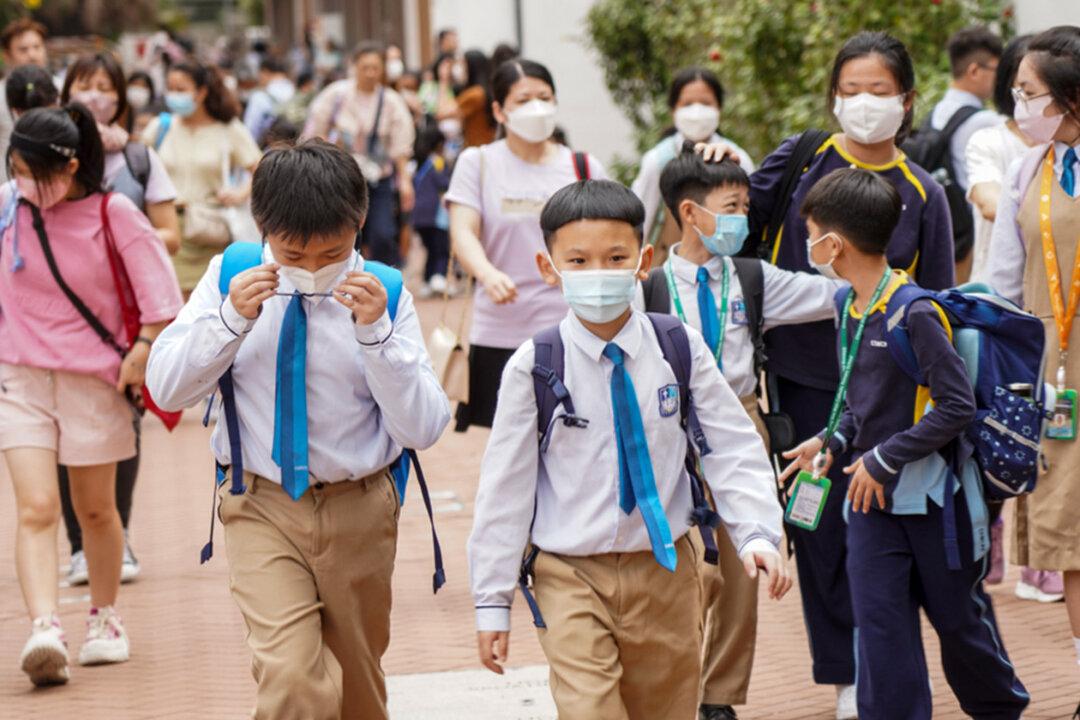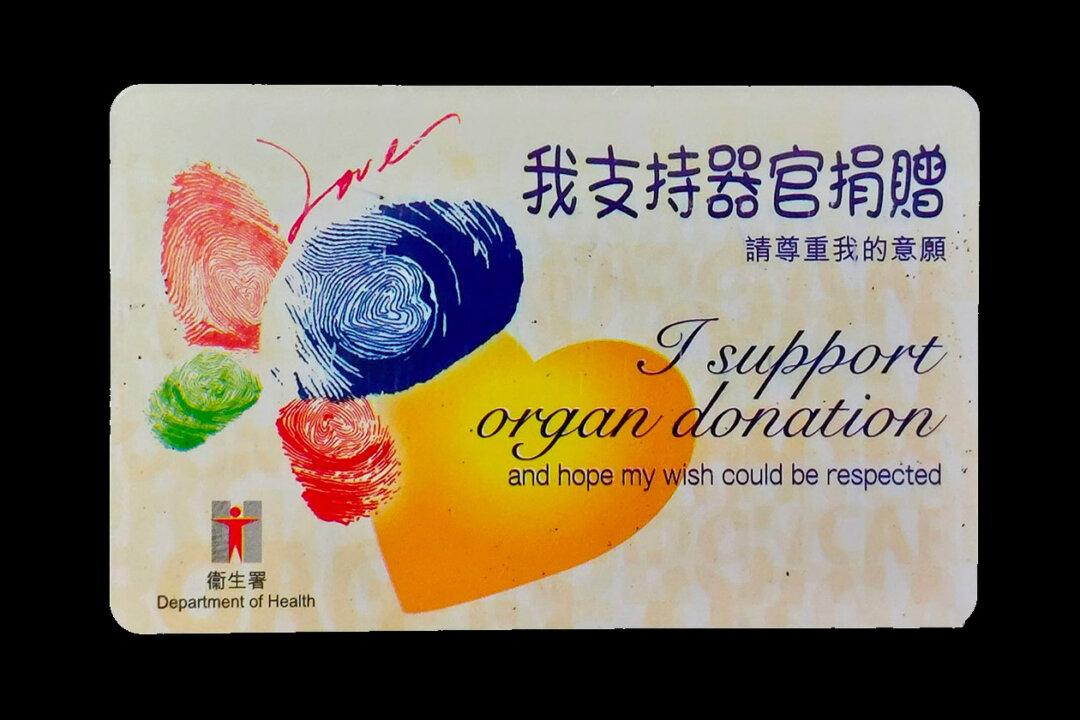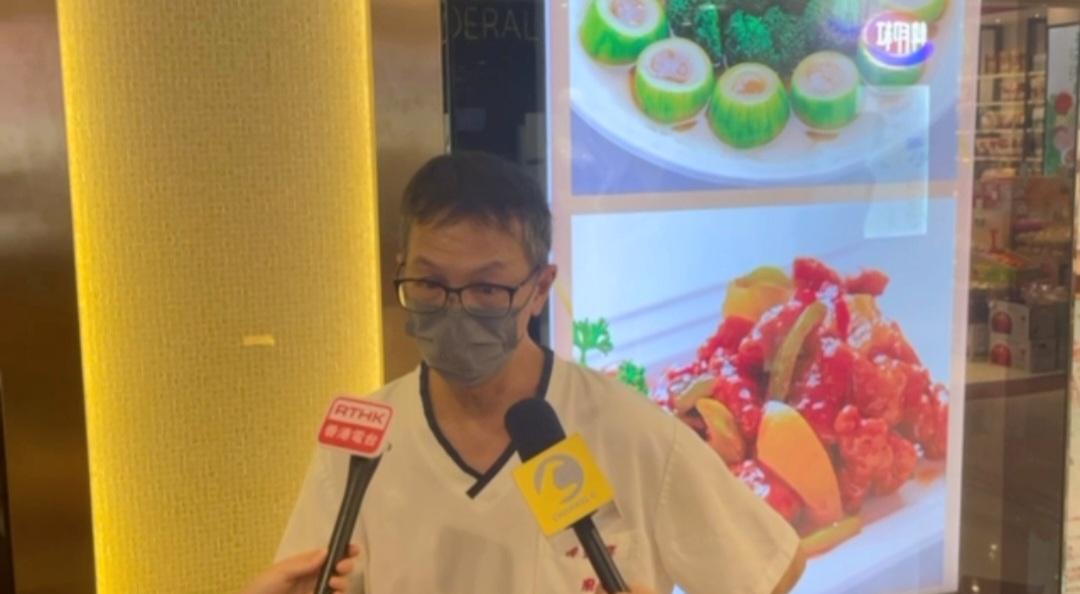The Macau government announced on Aug. 22, the consultation text for revising the national security law (NSL), suggesting the need “to achieve the same effect in maintaining and safeguarding national security to be similar to that of mainland China, and the Hong Kong security law.”
However, criticism abounds that it contains clauses showing the future Macau version could be even harsher than its Hong Kong counterpart.
